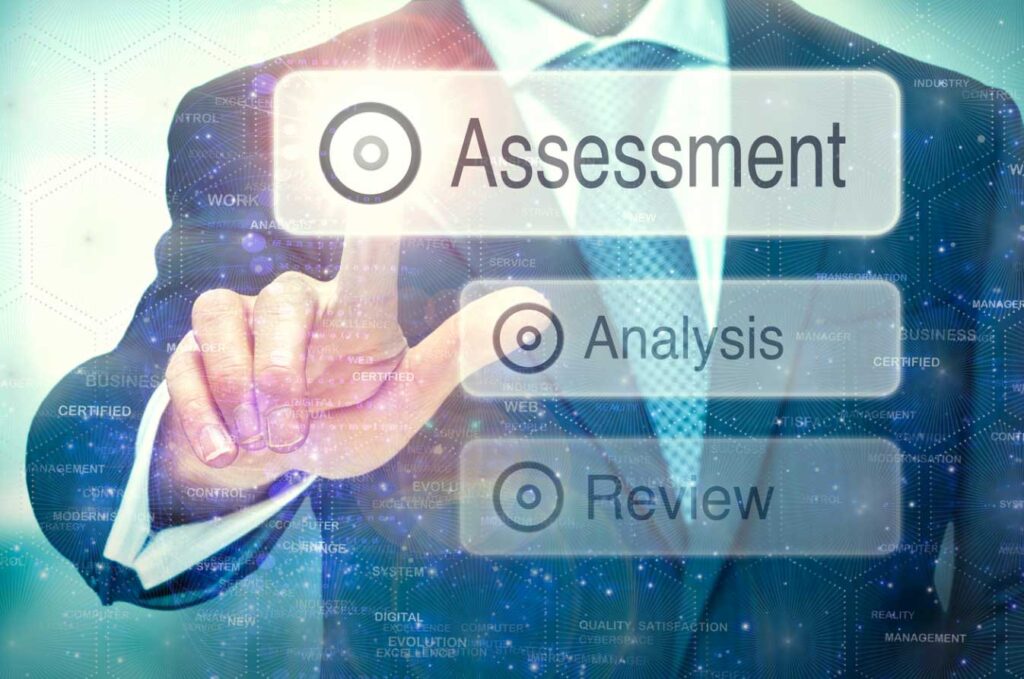
To analyze remote work using the Harrison Assessment (HA), we can utilize several aspects of the HA framework that highlight behaviors, motivations, and work preferences that fit into a remote work environment. The following are some of the key aspects that we can analyze:
Preference for Autonomy

In remote work, autonomy is one of the key elements, as individuals are expected to be able to work independently without direct supervision. Harrison Assessment has a scale that measures a person’s tendency to work independently. This result can show whether the candidate has a preference for working independently, which is very important in a remote context.
Initiative and Responsibility

Remote employees need to have high initiative and a strong sense of responsibility, as they have to manage their own time and workload. HA assesses these dimensions, which is useful for identifying individuals who are proactive and can be relied upon to carry out tasks without much supervision.
Virtual Communication Skills
Communication is a crucial aspect of remote working. HA can provide insight into a person’s communication preferences and skills, such as how comfortable they are communicating virtually, as well as their tendency to be transparent or provide clear and complete information.
Adaptability and Flexibility

Remote work requires great flexibility, especially in dealing with rapidly changing situations and adjustments in various technologies or online collaboration tools. HA can measure how adaptive individuals are in a dynamic work environment, whether they easily adjust to changes or prefer a stable work environment.
Results and Productivity Orientation

HA also analyzes an individual’s orientation towards achieving results and efficiency. In remote work, employees who have a strong results orientation tend to be more productive as they are able to manage their time well, set goals, and work effectively to achieve targets without direct supervision.
Time Management and Self-Discipline

Remote work often demands good time management and high self-discipline. HAs can identify individuals who have the time management skills and discipline to complete tasks without the need for too much external encouragement.
Implementation of Harrison Assessment Analysis for Remote Work

From the results of this analysis, we can gain deep insights into whether a candidate is suitable for remote work based on their motivational profile, attitude, and work preferences. By aligning the HA results with remote job requirements, organizations can make more informed decisions in placing or hiring individuals who are ready and suitable for remote work culture.
Such analysis can also assist organizations in designing relevant development strategies to facilitate employees’ adaptation to remote work, focusing on the skills that still need to be improved to make them more effective and productive in this setting.
For more information on how Harrison Assessment can be implemented to support remote job analysis and employee development, visit our website at campsite.bio/qqgroup and follow Qando Qoaching on social media. Discover training and consulting programs with our team of experts ready to help improve your employees’ effectiveness and productivity in the modern work environment.
Mari bersama kita melangkah menuju Indonesia hebat

